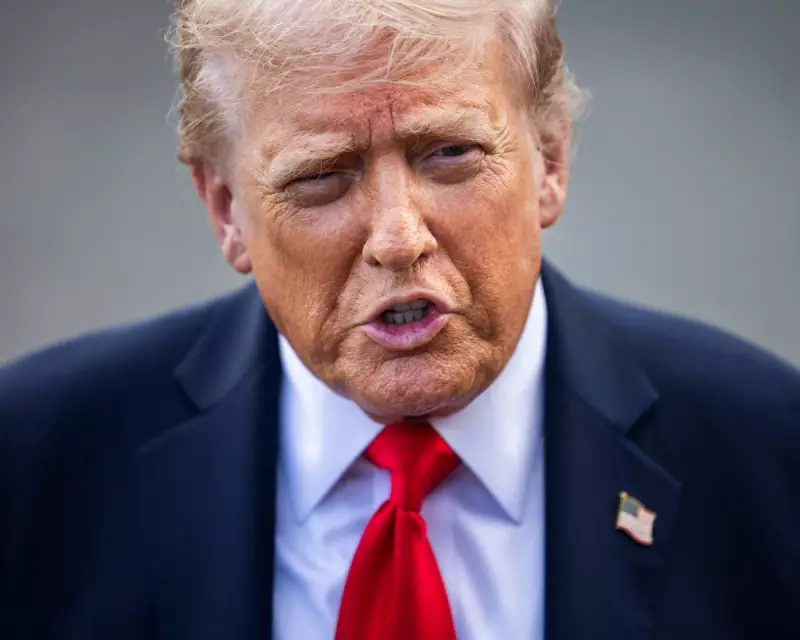
In a dramatic foreign policy announcement, former President Donald Trump has declared his readiness to impose sweeping sanctions on Russia under one critical condition: NATO nations must completely cease purchasing Russian oil.
The revelation, which could significantly alter transatlantic relations, comes as Trump positions himself for a potential return to the White House. His statement represents a stark departure from his previous stance toward Moscow and signals a more assertive approach toward Vladimir Putin's regime.
Strategic Shift in Foreign Policy
Trump's declaration marks a substantial evolution in his Russia policy. During his previous administration, he often faced criticism for what opponents described as a lenient approach toward the Kremlin. This new position suggests a strategic pivot that could redefine US-Russia relations and NATO dynamics.
"We cannot have NATO allies funding Putin's war machine while expecting American protection," a source close to Trump stated. "The message is clear: stop buying Russian oil or face the consequences."
Implications for European Security
The proposed policy could create significant tensions within the NATO alliance. Several European countries, particularly Germany and Hungary, have historically relied on Russian energy exports. Forcing an immediate cessation would require substantial economic adjustments and alternative energy sourcing.
Energy experts warn that sudden disruption to Russian oil flows could trigger global price spikes and supply chain disruptions, potentially affecting consumers worldwide. However, proponents argue that the long-term security benefits outweigh short-term economic pains.
Political Reactions and Analysis
European leaders have responded cautiously to Trump's announcement. Some NATO diplomats express concern about what they perceive as "ultimatums" that could strain alliance unity, while others welcome the tougher stance on Russian energy exports.
Security analysts note that cutting off Russian oil revenue would significantly impact Moscow's ability to finance military operations and could represent the most effective economic pressure tool available to the West.
The proposal also raises questions about enforcement mechanisms and whether Trump would target specific companies or entire nations with sanctions. Legal experts suggest such measures would require careful implementation to avoid violating international trade agreements.
As the 2024 election approaches, Trump's positioning on Russia suggests a more conventional Republican approach to foreign policy, potentially aimed at addressing previous criticisms while maintaining his "America First" doctrine.





